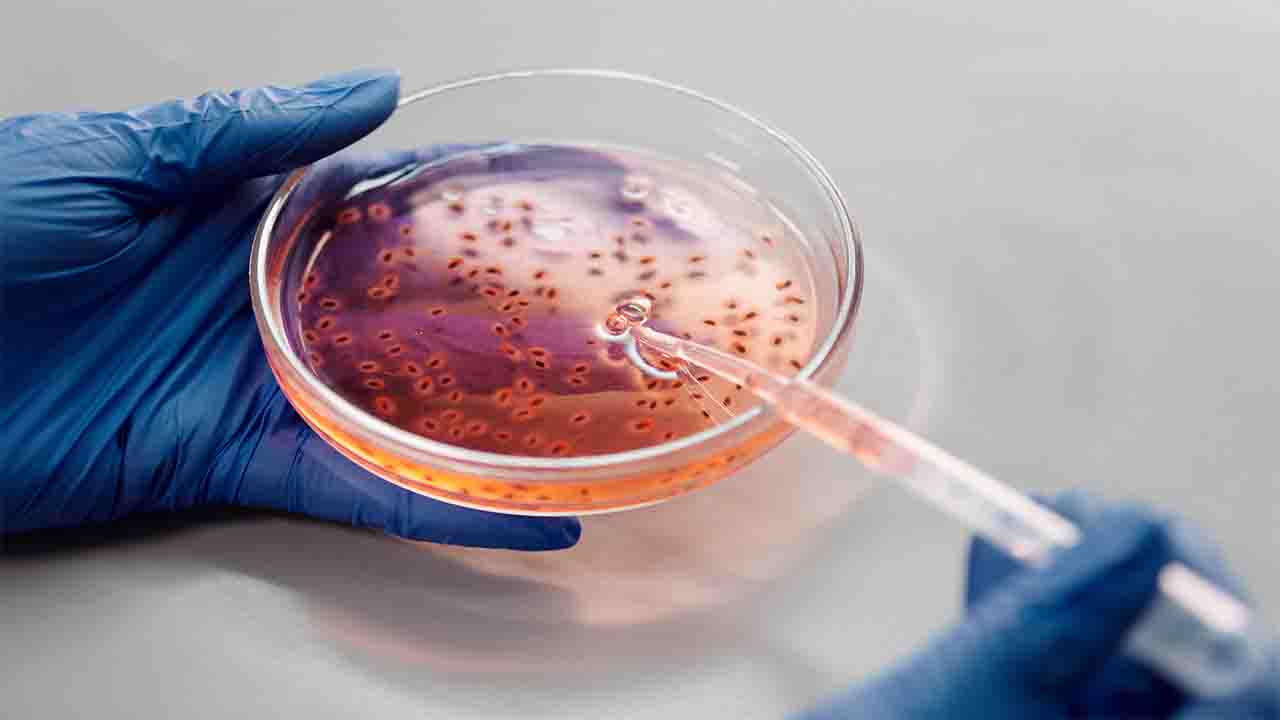Health UK (Commonwealth Union) – The human body is a complex ecosystem, hosting trillions of microorganisms that play crucial roles in maintaining our health. Among these, the intricate world of gut bacteria, also known as the gut microbiota, has emerged as a key player in influencing various aspects of our well-being.
The human gut is home to a diverse and dynamic community of microorganisms, including bacteria, viruses, fungi, and other microbes. However, bacteria reign supreme, with thousands of different species coexisting in a delicate balance. This complex ecosystem begins to develop at birth and continues to evolve throughout life, influenced by factors such as genetics, diet, environment, and lifestyle.
The gut microbiota acts as a guardian of the immune system. It helps train immune cells, ensuring they respond appropriately to threats while distinguishing between harmful invaders and beneficial substances. A balanced gut microbiome is crucial for maintaining a robust immune defense.
New research from the University of East Anglia suggests that the severity of cryptosporidiosis, a diarrhoeal disease causing over 100,000 annual deaths, may be linked to the composition of gut bacteria. Particularly affecting children under five, the study reveals those large animals, including primates, with fewer bacterial varieties in their gut experience more severe symptoms. Increasing gut bacteria diversity, through measures such as dietary changes, probiotics, or faecal transplant therapy, could potentially improve outcomes by reducing diarrhoea and limiting disease spread. Professor Kevin Tyler, leading the research at UEA’s Norwich Medical School, indicated that the potential of targeting the disease through interventions that enhance gut bacteria in both humans and animals. While large propotions of infections and deaths take place in low-income countries, outbreaks also occur in the UK and other parts of Europe.
“In the UK, the disease is currently re-emerging and cases this year are increasing dramatically, suggesting the disease is currently epidemic. There are no human vaccines and only one drug licensed for human use, which is not effective for many who are affected.
“So, understanding what that can improve outcomes is critical to tackling outbreaks.
“We wanted to know whether some of the variation in symptoms might relate to the make-up of an infected person or animal’s gut bacteria and whether that composition was in turn affected by having cryptosporidiosis.”
The research team compiled studies that investigated the gut bacteria composition in mammals infected with cryptosporidium, utilizing publicly available data. Their aim was to examine the significance of gut bacterial diversity and its impact on cryptosporidium infection.
Georgina Hurle, the lead researcher from UEA’s Norwich Medical School, explained that cryptosporidium is a parasite causing diarrheal disease in both infants and newborn livestock, with transmission possible from animals or humans. While most people recover naturally, some require treatment and may experience long-term consequences, even fatal outcomes.
Hurle emphasized the study’s findings, stating that severely affected large animals like cows, sheep, and primates exhibited lower gut bacterial diversity. The research also revealed that increased diversity in gut bacteria, achieved through diet, probiotics, prebiotics, or therapies like fecal transplant therapy, correlated with improved outcomes, reducing diarrhea and the risk of disease transmission.
She highlighted the potential of relatively affordable and innovative therapies, such as modifying gut bacteria composition, to target cryptosporidium, a disease with limited available interventions. The study underscores the effectiveness of these approaches in mitigating disease severity among affected individuals and at-risk populations.
The study ‘Microbiome diversity is a modifiable virulence factor for Cryptosporidiosis’ appeared in the journal Virulence.
The world of gut bacteria is a captivating microcosm within us, wielding a profound influence on our health and well-being. As research advances, the understanding of how to nurture and maintain a balanced gut microbiota opens up exciting possibilities for personalized medicine and preventive healthcare.








